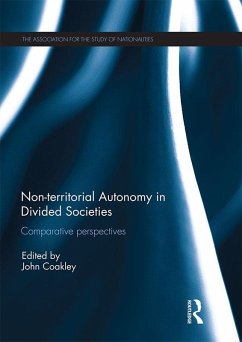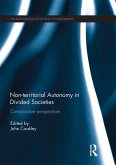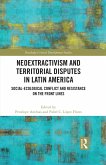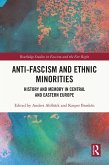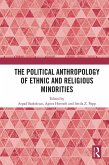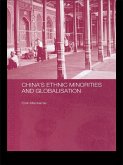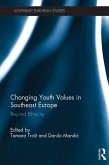This book explores, from a comparative perspective, the role of non-territorial autonomy in managing ethnic conflict in divided societies where groups are territorially interspersed. As well as examining the roots and institutional features of this form of government, it explores the public policy implications of this formula.
This book was published as a special issue of
Ethnopolitics.
Dieser Download kann aus rechtlichen Gründen nur mit Rechnungsadresse in A, B, BG, CY, CZ, D, DK, EW, E, FIN, F, GR, HR, H, IRL, I, LT, L, LR, M, NL, PL, P, R, S, SLO, SK ausgeliefert werden.

